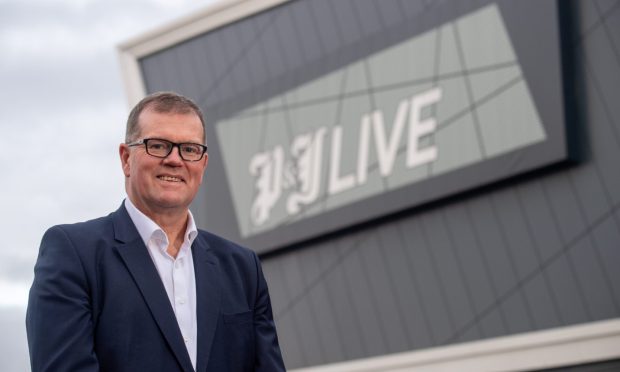Jan. 7—This article was produced in partnership with ProPublica's Local Reporting Network. The evidence was overwhelming from the time it all began in 2017.
A sexual assault in broad daylight at a popular Anchorage park, with a witness who dialed 911 and described the attack as it was happening. A police officer hoisting the suspect from atop one of the victims, the suspect's pants still around his knees. DNA evidence corroborating the crime.
Yet in Alaska's slow-motion court system, it took more than seven years for the case against Fred Tom Hurley III to finally go to trial, in December. Attorneys came and went with the passage of time — a series of six for the defense and four for the prosecution — as judges granted 50 delays. Most of the slowdowns came at the request of Hurley's lawyers, long before and long after the COVID-19 pandemic paused jury trials across the state.
At hearing after hearing, talks concerned scheduling, not the facts of the case. For the two women Hurley was charged with assaulting, justice delayed meant justice denied in their lifetimes. Both died before the case ever reached the jury.
Told the details of the case, former Florida state prosecutor Melba Pearson called it "a travesty of justice." "That's a travesty. Period.
End of story," said Pearson, who recently co-authored a report on trial delays across the country. What's surprising isn't how long the Hurley case lingered unresolved, but how ordinary it is in Alaska's court system. A recen.



















